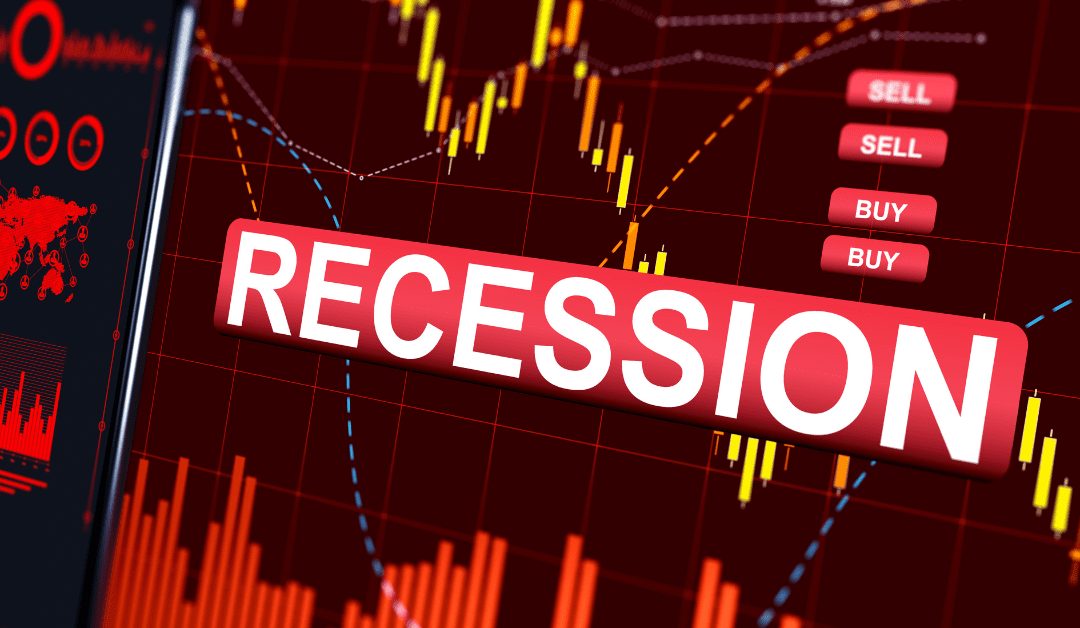Why Index Funds May Add Risk to Your Portfolio
Index funds have gained immense popularity due to their low costs, simplicity, and ability to deliver market-average returns. However, they are not without risks. Below are key reasons why index funds might add risk to your portfolio.

- Lack of Flexibility
Index funds are passively managed and designed to track a specific market index. A market index measures the performance of a “basket” of securities (like stocks or bonds), which is meant to represent a sector of a stock market, or of an economy. You cannot invest directly in a market index, but because index funds track a market index, they provide an indirect investment option. This means they cannot pivot during market downturns or economic crises. Unlike actively managed funds, which may adjust holdings to minimize losses, index funds hold onto all securities in the index regardless of performance[1][2][3].
- Market Downturns
Since index funds mirror the performance of the broader market, they are vulnerable to significant declines during bear markets or recessions. They offer no downside protection, meaning investors are exposed to the full impact of market fluctuations[2][4].
- Tracking Errors
Index funds aim to replicate the performance of their benchmark index, but tracking errors can occur due to fees, trading costs, or imperfect replication methods. These errors may result in underperformance compared to the index itself[1][2].
- Overexposure to Large Companies
Many index funds use market-cap weighting, where larger companies have a disproportionate influence on fund performance. This concentration can magnify risks if these dominant companies underperform or face financial troubles[5][6].
- Moderate Returns
By design, index funds deliver average market returns. While this is suitable for long-term investors seeking stability, it limits opportunities for higher returns that could be achieved through active stock selection or alternative investments[3][6].
- Limited Control
Investors have no say in the holdings of an index fund. This lack of control can be frustrating if the fund includes overvalued stocks or companies that conflict with personal values or financial goals[3][4].
- Proxy Voting Risks
When investing in index funds, fund managers vote on corporate decisions on behalf of investors. These votes may not align with an investor’s values or objectives, raising concerns about governance and control over investments[4].
- Systemic Market Risks
The increasing dominance of index funds in financial markets raises concerns about potential systemic risks. If too much capital flows into passive investments, price discovery might weaken, and markets could become less efficient over time[7].
Conclusion
While index funds offer diversification and cost efficiency, they are not immune to risks. Investors should carefully consider their risk tolerance and investment goals before relying heavily on these funds. A balanced portfolio that includes active management or alternative assets may help mitigate some of these risks while positioning potential returns over time[7].
related news & insights.
Why stop losses and limit orders may provide a guard rail to your portfolio.
Tariffs and Federal Job Cuts: A Recipe for Economic Downturn
Strategies to Mitigate the Impact of Tariffs on Your Investment Portfolios




